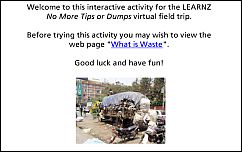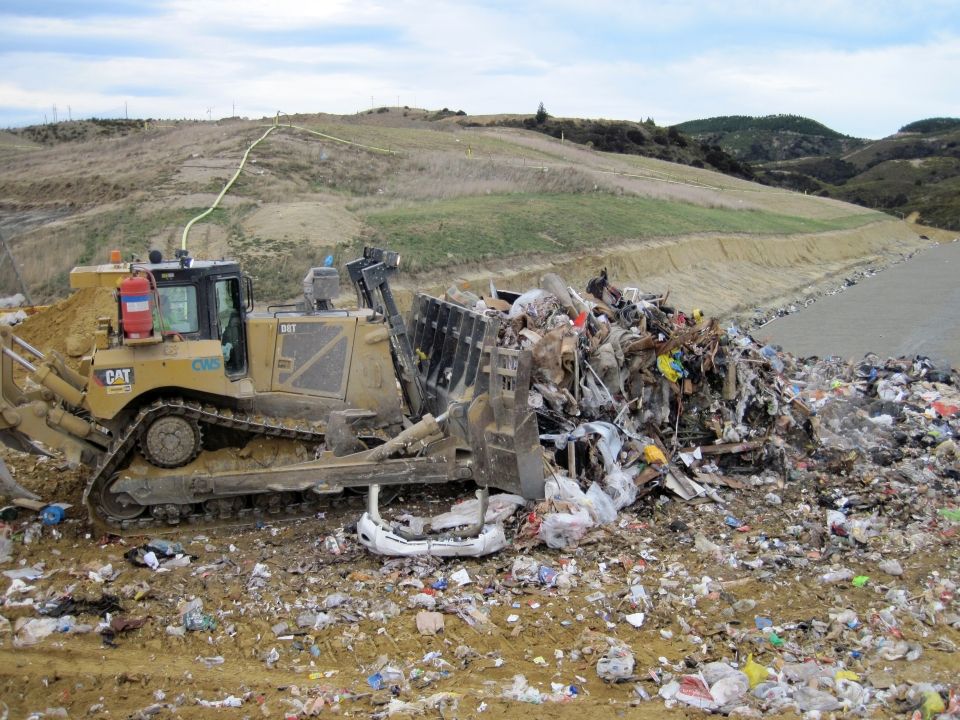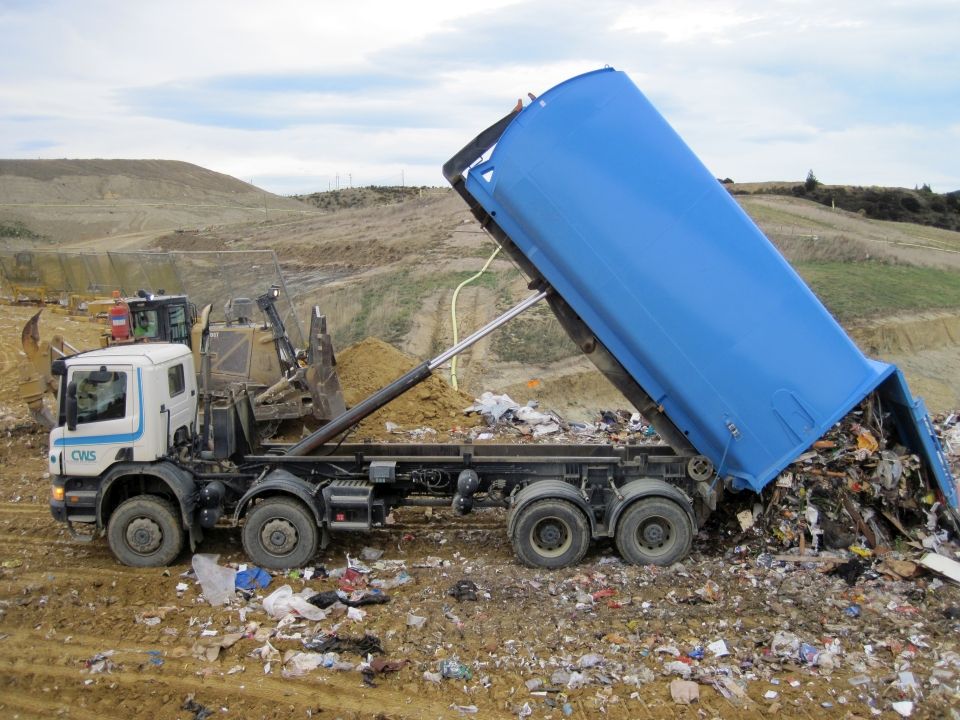A human invention
The word 'waste' and the act of 'wasting' are human inventions. Waste doesn't exist in nature. Everything in nature can be broken down by composting.
Waste is any solid, liquid or gas that is unwanted by its owner. This means that while the owner thinks it is rubbish, someone else might have a use for it.
Waste was created by humans to help make life better. For example packaging that protects food and products often ends up as waste.
Rubbish, trash, junk, garbage, refuse, are all the same thing and refer to solid waste.
Anything that is recyclable, reusable or recoverable is not waste.
Every year in New Zealand we send 3.4 million tonnes of waste to our landfills.
From home to where?
Choosing to place waste in a rubbish container is a decision we make every day. Thinking about how to reduce that waste is an important part of life cycle thinking.

- For more on this topic watch this Waste Management video called The Choices We Make.
- Ready for a quiz?






